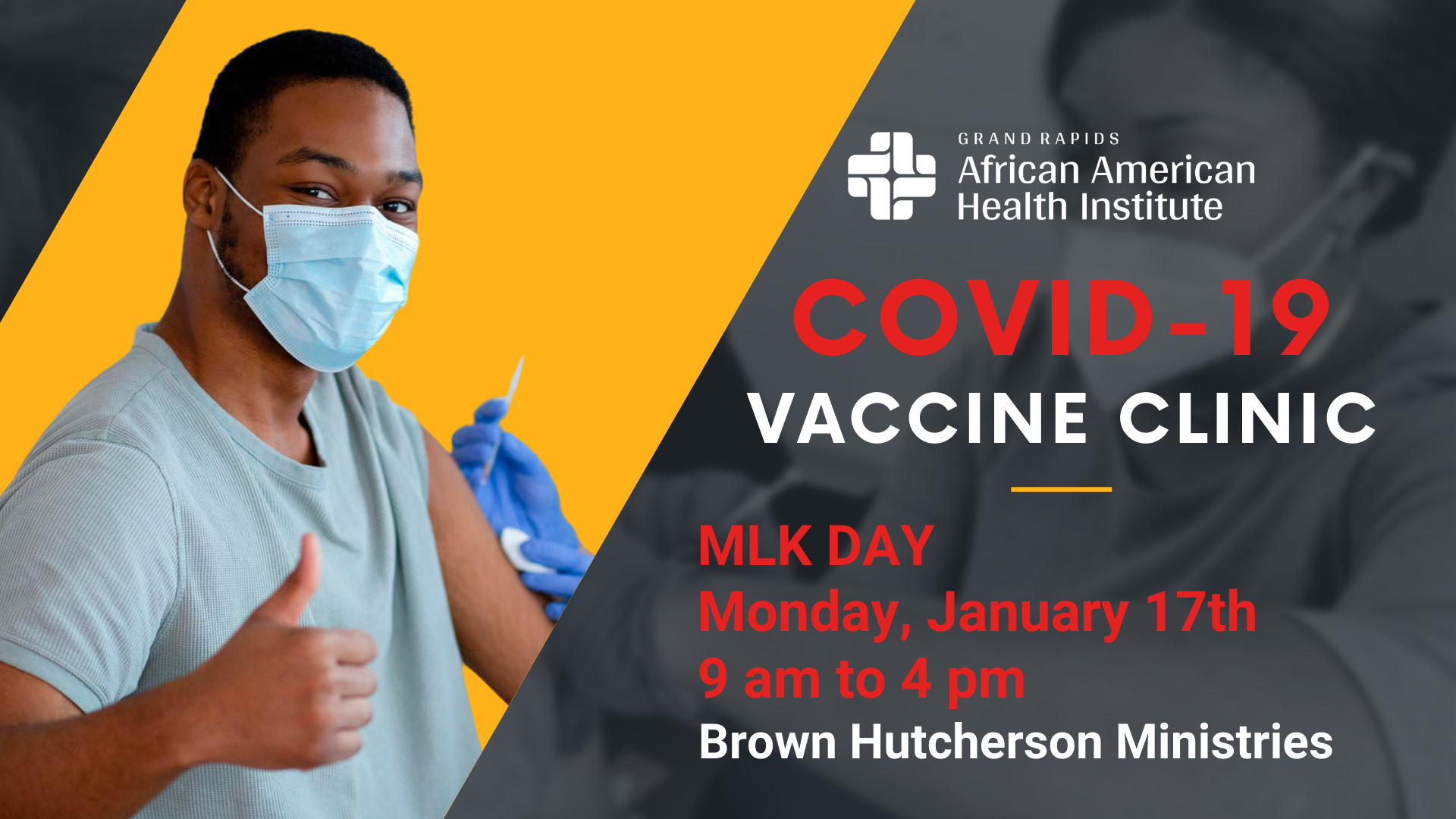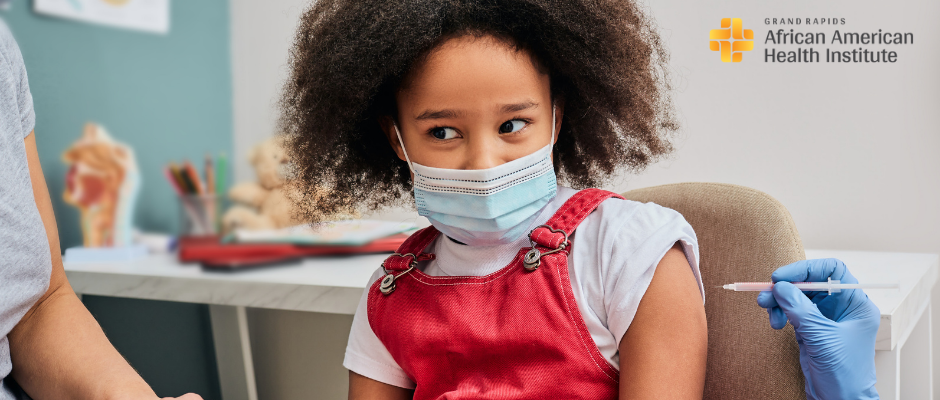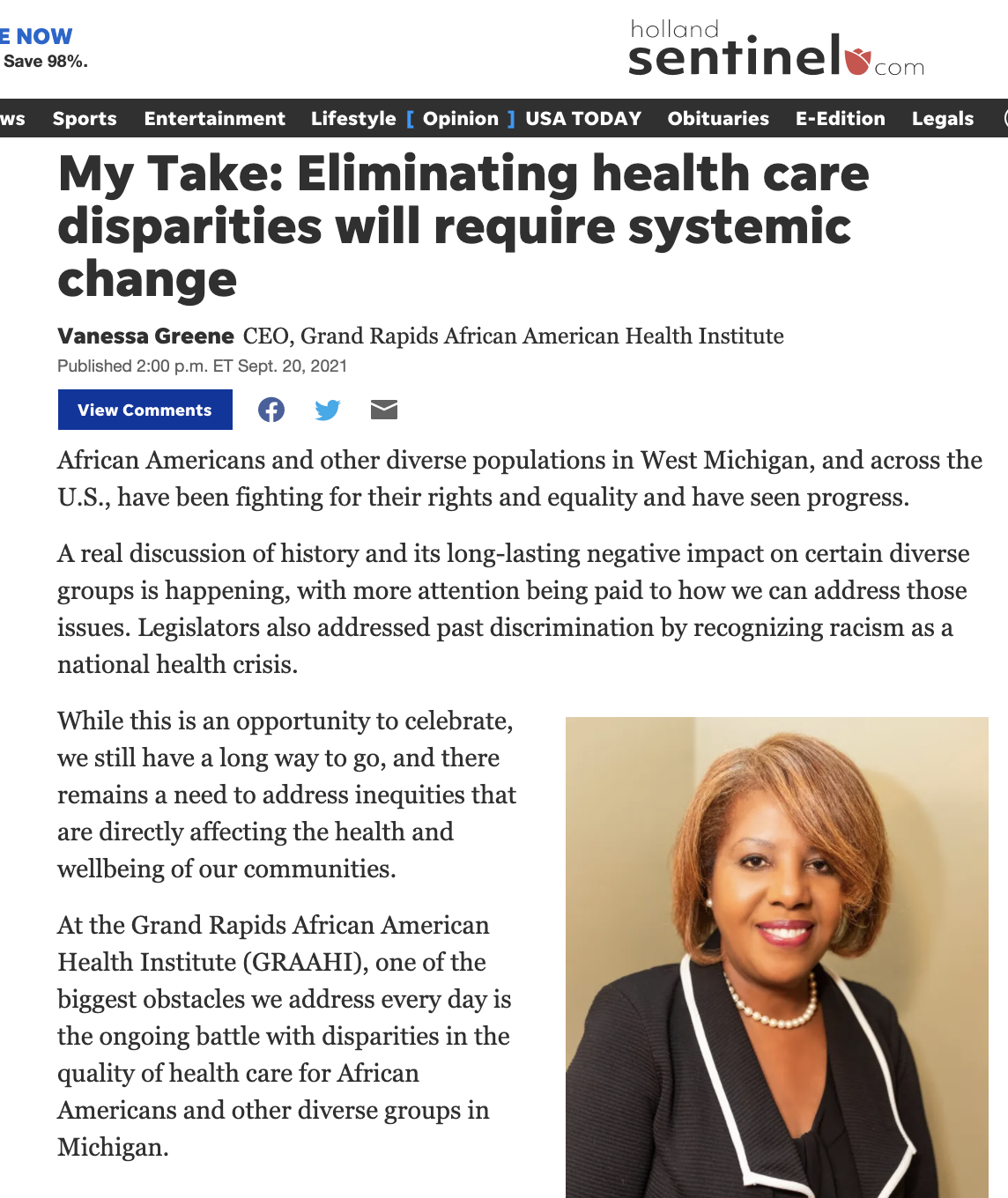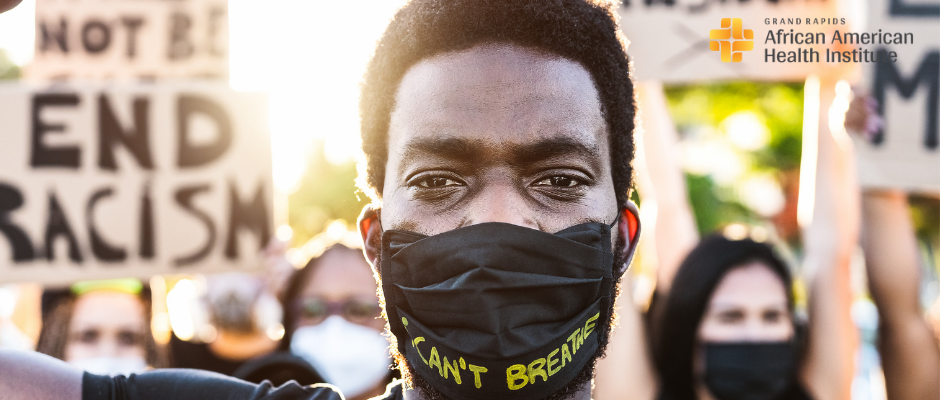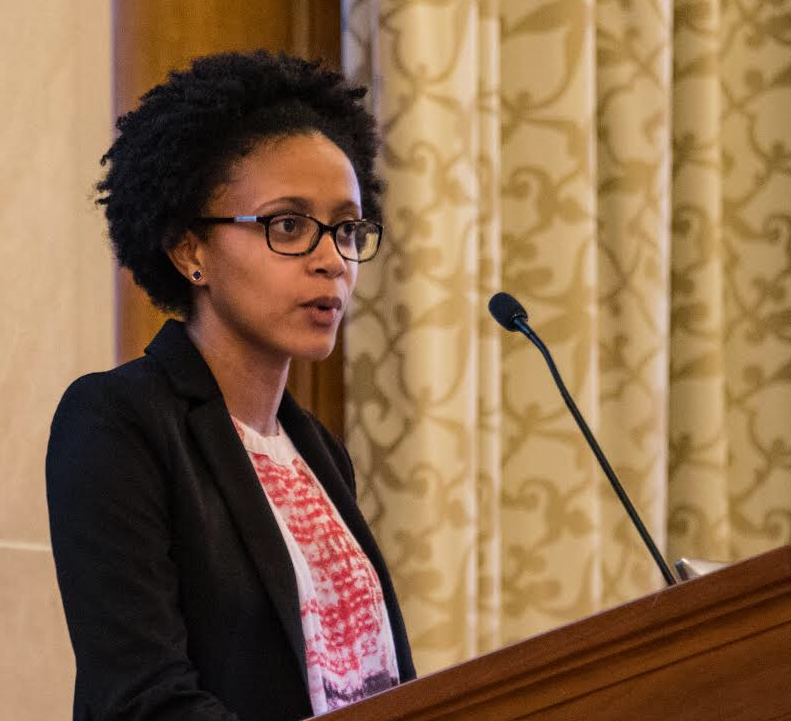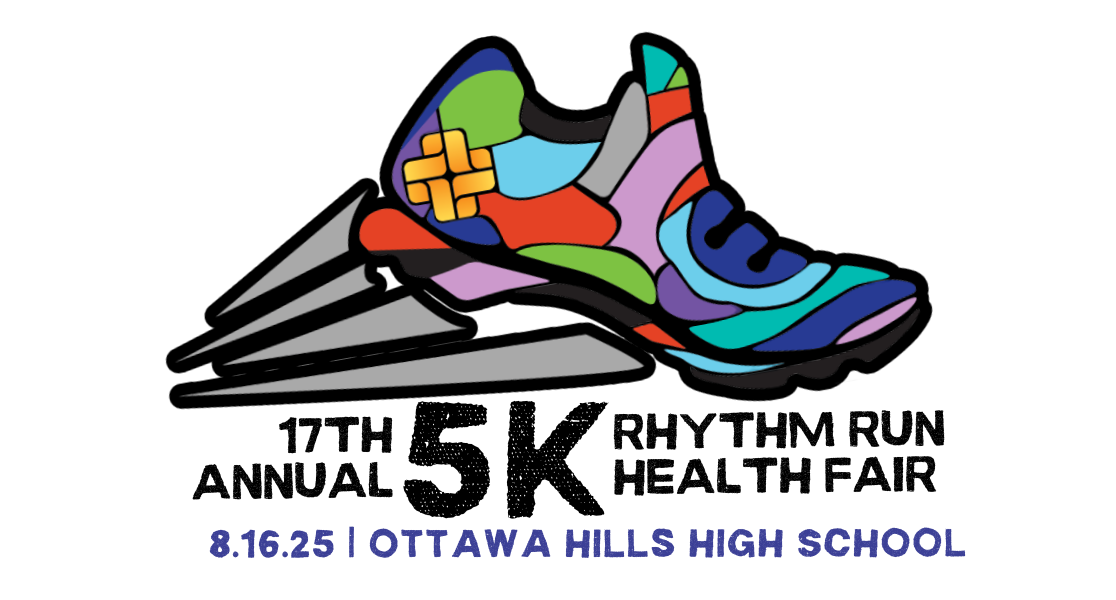By Andrae Ivy -June 26, 2020
The recent deaths of Black people in the presence of police officers reilluminated racism across the world. Protests, riots and civil unrest blanket streets everywhere, as people of all backgrounds show their frustrations and grief in myriad ways. These images and efforts are reminiscent of the Civil Rights Movement, when Black people fought tediously against racism and systematic oppression.
Nearly 60 years later, America is once again battling its inherent race problems, as the country remains divided. Now the deaths of George Floyd, Breonna Taylor, Ahmaud Arbery and so many others are forcing America to revisit its historical pandemics of injustice.
The frustrations showcased by thousands (if not millions) of Americans are not based on one death or factor. Black deaths from police brutality have been examined through history, but Black men are still 2½ times more likely to be killed by police than white men. Black people, as a whole, are 2-4 times more likely to have force used against them than white people. From a Kent County lens, Black people are three times more likely to live in poverty (Blacks-27%, whites-9%) and 3.4 times more likely to be unemployed than white people (Blacks-12.2%, whites-3.6%). In addition, Black people have lower rates of health care coverage (whites-94.5%, Blacks-88.2%) and are twice as likely than white people to report not being able to see a doctor due to costs (Blacks-20.2%, whites-9.2%) in Kent County.
Health inequities plague Black lives more than any other group in Kent County
- According to the Health Equity Index, Black people are 1.6 times more likely than white people to die from heart disease (Blacks-269.2, whites-164.8 per 100,000) and 1.7 times more likely to die from stroke (Blacks-55.7, whites-31.9 per 100,000) in Kent County.
- Black children are more than twice as likely than white children to have elevated blood lead levels (Blacks-10.9%, whites-5.1%) in Kent County.
- Black people are 6.6 times more likely to test positive for HIV compared to white people (Blacks-695, whites-106 per 100,000) in Kent County.
These sad truths are prevalent for Black people, as our current health care, government and political systems need comprehensive reformations. These changes must be systemic and structural, providing Black people with sufficient rights, policies, resources and opportunities to combat these devastating realities.
Reporting racism and health inequities is important, but correcting the systems and environments that drive these conditions is more essential. This issue also is evident with COVID-19 that continues to afflict this country and world. Thus, the Grand Rapids African American Health Institute (GRAAHI) will continue promoting systemic changes in health and academia to increase health equity and justice for Black people.
COVID-19, standing for coronavirus disease 2019, continues to wreck millions of lives across the world
- As of June 21, over 2.4 million cases of COVID-19 have been confirmed in America, including over 119,600 deaths.
- In Michigan, 61,230 cases have been confirmed along with 5,846 deaths.
- Kent County has the fourth-highest count among all Michigan counties with 4,210 confirmed cases, including 121 deaths.
- By race/ethnicity, Black people currently represent 19% of confirmed cases in Kent County compared to 22% for white people, 39% for Hispanics, 6% for Asians, and 14% for unknown ethnicity individuals.
These findings indicate that Black people and Hispanics are overrepresented among confirmed COVID-19 cases, since each group only represents 10-12% of the Kent County population. These findings align with notices from the Centers for Disease Control and Prevention (CDC) that suggest that Black people may be more susceptible to contracting and dying from COVID-19 than other racial/ethnic groups.
This may be the case, since people with underlying medical conditions might be at higher risk for severe illness from COVID-19. Black people experience the worst health disparities in this country for many health conditions, such as heart disease, diabetes, hypertension and HIV.
It should be known that these disparities are greatly influenced by institutional racism and economic/social factors upon the Black population. Living in more densely populated areas and further away from medical facilities and grocery stores may also influence this higher risk for Black people. However, additional studies are being conducted to investigate this link.
Higher rates of poverty, unemployment and poor housing may also influence Black people’s exposure to COVID-19, along with their frontline presence in many essential industries. Thus, it is imperative for public health agencies and the community to gauge this serious matter and take precautions moving forward. For more information and best practices regarding COVID-19, click here.
In closing, our American system continues to fuel racism, racially motivated deaths and health inequities against Black people, which may increase their risk of contracting COVID-19.
However, people across the world are demanding justice for Black people and a renewal of the American system. Many organizations are changing their policies, logos and structure, while others are donating resources to Black businesses, organizations and universities. We at GRAAHI hope you join this movement by using your talents, resources and/or energy to correct the injustices of this country. If interested, we at GRAAHI encourage the following acts:
- Be honest about racism and racial injustices and how they deteriorate this country
- Advocate for policies that address injustices and ensure those policies are enforced
- Identify rogue, racist groups in your community and report them to authorities
- Hold law enforcement groups/individuals accountable for their misconduct
- Demand your elected officials investigate the presence of racist/extremist groups in law enforcement and/or government agencies
- Use disparity data to generate resources for Black people, not just tell the story
- Donate to Black businesses/organizations and help fight against racism
- Examine your employer’s practices for racism or bias and propose needed changes
- Hold elected officials accountable at all levels
Change is here, and we are not turning back now. GRAAHI is dedicated to leading that change to replace the system of racism with a system of justice.
If you would like to help GRAAHI in these efforts, we can be reached at info@graahi.org. We at GRAAHI look forward to our continued efforts with the Grand Rapids community, helping to improve health equity and justice for Black people for a more hopeful and prosperous future.
